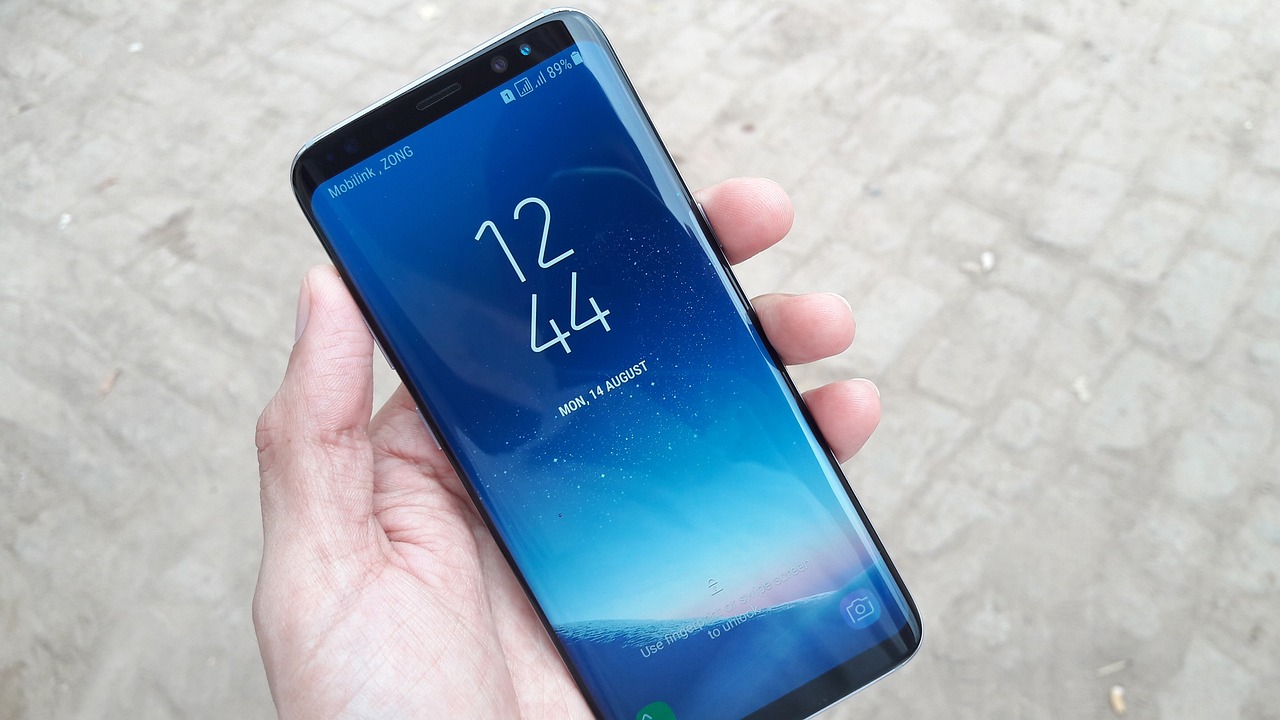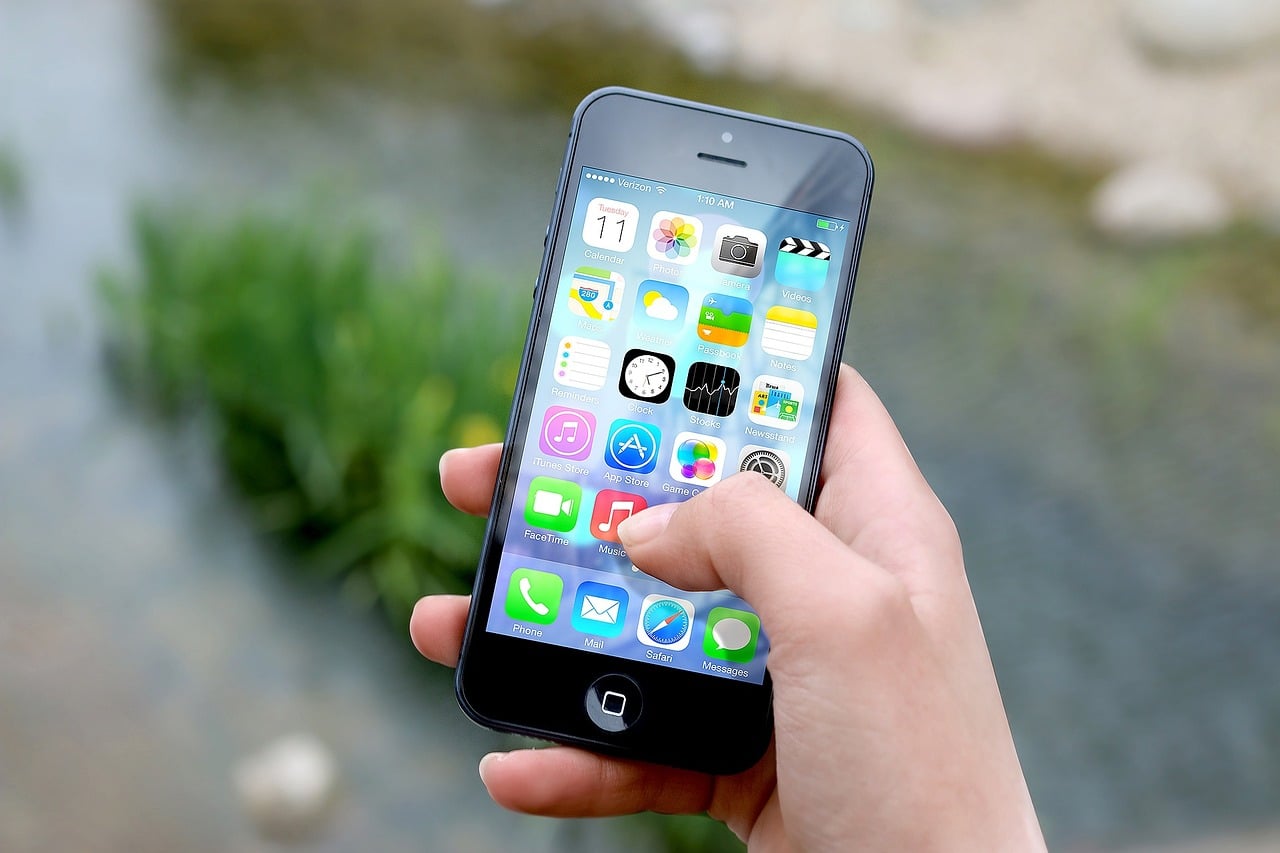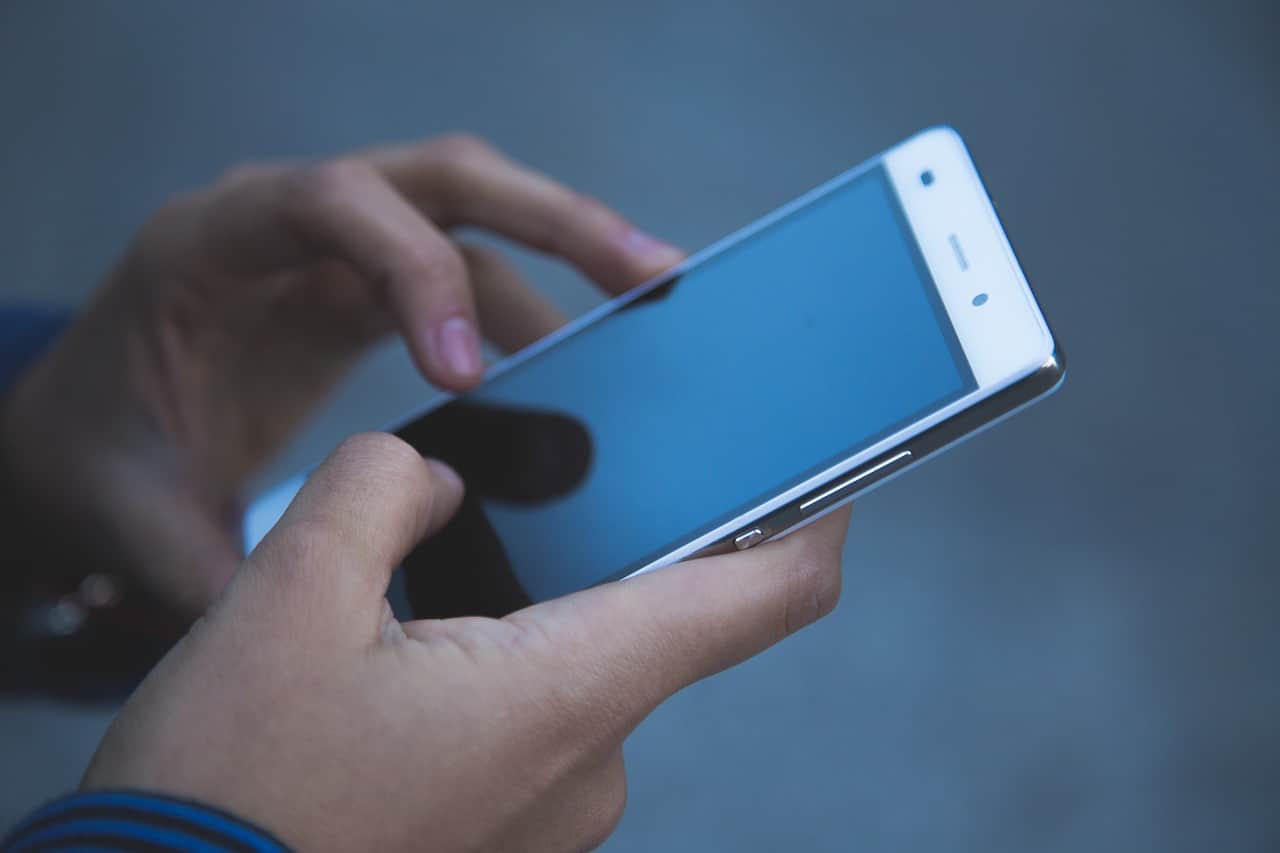See what can happen to cell phones collected from prisons. The fate of the devices will be very positive for society.
One of the main problems in Brazilian prisons is the smuggling of cell phones by criminals. This illegal practice harms many innocent people who end up falling for scams carried out directly from prison. Individuals who are already under the power of the law continue to commit crimes, even while in prison.
Furthermore, one of the points to be discussed socially is what to do when cell phones are seized inside prisons. These devices, often in excellent condition, have no specific destination and end up lost in the drawers of the Public Prosecutor's Office, unused. However, a new bill could change this situation, giving a much more noble purpose to devices that were used to commit crimes. Continue reading to better understand the bill and how it will be applied.

Seized cell phones go to schools
The bill (PL nº 1.906/2021), which has been under debate in the Chamber of Deputies since 2021 and was finally approved by the Constitution and Justice Committee, will require that computers, tablets and cell phones be confiscated in prisons or will be confiscated after the defendant's final conviction. After being confiscated, the devices must be sent to the educational network, in a publicly available manner.
However, this bill, which would transfer electronic devices seized in prison or after a final conviction to the public school system, cannot be sent to the Senate unless it is requested for a vote in the plenary. In fact, it is incomprehensible that a proposal with such a positive impact takes so long to be processed, but at least the document was published and approved by the CCJ in the House of Commons.
The PL provides for the use of these devices in educational development and prioritizes distribution to students in socially vulnerable situations. It also stipulates that items in good condition and items with minimal damage will be separated before being sent to schools. If repairs are needed, the compensation fund will provide funding for the work.
The CCJ Rapporteur, Vice-Minister Bacelar (PV-BA), emphasized that the precarious situation of many students became clear amid the COVID-19 pandemic. “In addition to all the factors that contribute to Brazil’s great educational disparities, the pandemic has made the country discover that approximately 5.8 million students in the Brazilian public school system do not have access to the Internet at home,” explained Bacelar.
Furthermore, according to data, more than 8 million students do not have a computer or cell phone. Rapporteur Bacelar also highlighted that the proposal will help the environment by reusing devices.
Positive proposal
Reactions to the proposal were very positive, with citizens saying that this would solve two problems at the same time. If approved, the bill would reduce criminals' access to cell phones, which would reduce the blows applied through these devices. Furthermore, the devices would be donated to those who really need them and would make good use of them, students who do not have the financial resources to buy a good cell phone.
At the moment, the expectation is that the issue will be taken to the Senate, in the hope that it will be prioritized by senators and not forgotten in the drawer as it is in the plenary.



